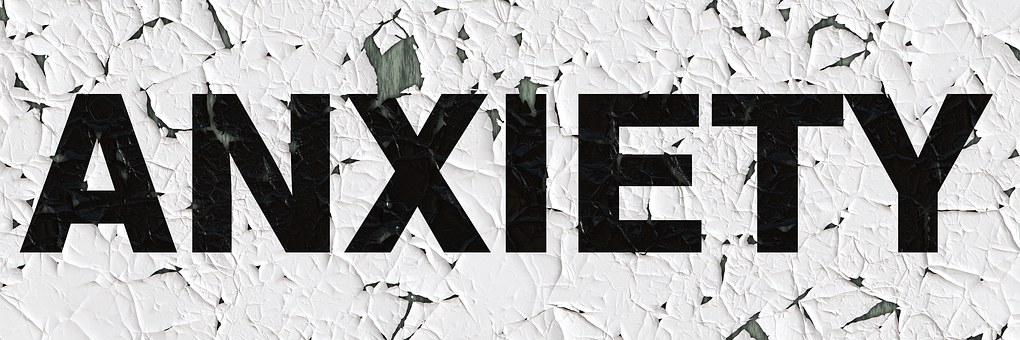Occasionally, many people get nervous when speaking before a crowd of people or interviewing for new a job. This shyness and occasional nervousness is normal. Social anxiety disorder or social phobia on the other hand is more to this, whereby the fear of embarrassing yourself is so intense that you avoid the situations that can trigger it. With social phobia, you are painfully shy with bad butterflies in the stomach that you are afraid of doing anything that can embarrass you.
People’s perception of social anxiety disorder
 In today’s high-tech society, much is changing and everyone is trying to be shred on keeping up with the changes. These changes are gradually affecting how we work, live and even think. Keeping up with today’s society can be demanding and it may affect different people differently. Some people may let the weight of the whole situation rest on their shoulders while others do not really care. For those that think it is a big deal to please the high-tech society, they may end up being extremely careful of what they do and how others see them- they would extremely fear being judged by others, making mistakes and being embarrassed publicly.
In today’s high-tech society, much is changing and everyone is trying to be shred on keeping up with the changes. These changes are gradually affecting how we work, live and even think. Keeping up with today’s society can be demanding and it may affect different people differently. Some people may let the weight of the whole situation rest on their shoulders while others do not really care. For those that think it is a big deal to please the high-tech society, they may end up being extremely careful of what they do and how others see them- they would extremely fear being judged by others, making mistakes and being embarrassed publicly.
Many times, people with social phobia are perceived by others as being withdrawn, shy, quiet, backward, disinterested, unfriendly, aloof, inhibited and nervous.On the contrary, these people are looking for friends, want to be engaged in social interactions and be included in groups. It is the social anxiety that prevents them from doing these things. They are usually dying to be friends with you, be sociable, and approachable but it is the anxiety that holds them back.
Who is usually affected?
About 15 million American adults are affected by social anxiety disorder. Both women and men have equal chances of developing the disorder and it normally starts in childhood and early adolescents.
 Some evidence show that genetic factors contribute to it. People with a family history of mental disease are more likely to develop the disorder. Their bodies could be affected by chemical imbalance brought about by multiple sources of prolonged stress. This stress could be as a result of financial obligations, relationship complications or even demise of a loved one. This anxiety disorder may affect the patient so much that they turn to substance abuse as they look for ways of meditating their condition. It is even a difficult situation for the person close to the patient because even telling them that everything is okay may not make sense at that moment.
Some evidence show that genetic factors contribute to it. People with a family history of mental disease are more likely to develop the disorder. Their bodies could be affected by chemical imbalance brought about by multiple sources of prolonged stress. This stress could be as a result of financial obligations, relationship complications or even demise of a loved one. This anxiety disorder may affect the patient so much that they turn to substance abuse as they look for ways of meditating their condition. It is even a difficult situation for the person close to the patient because even telling them that everything is okay may not make sense at that moment.
